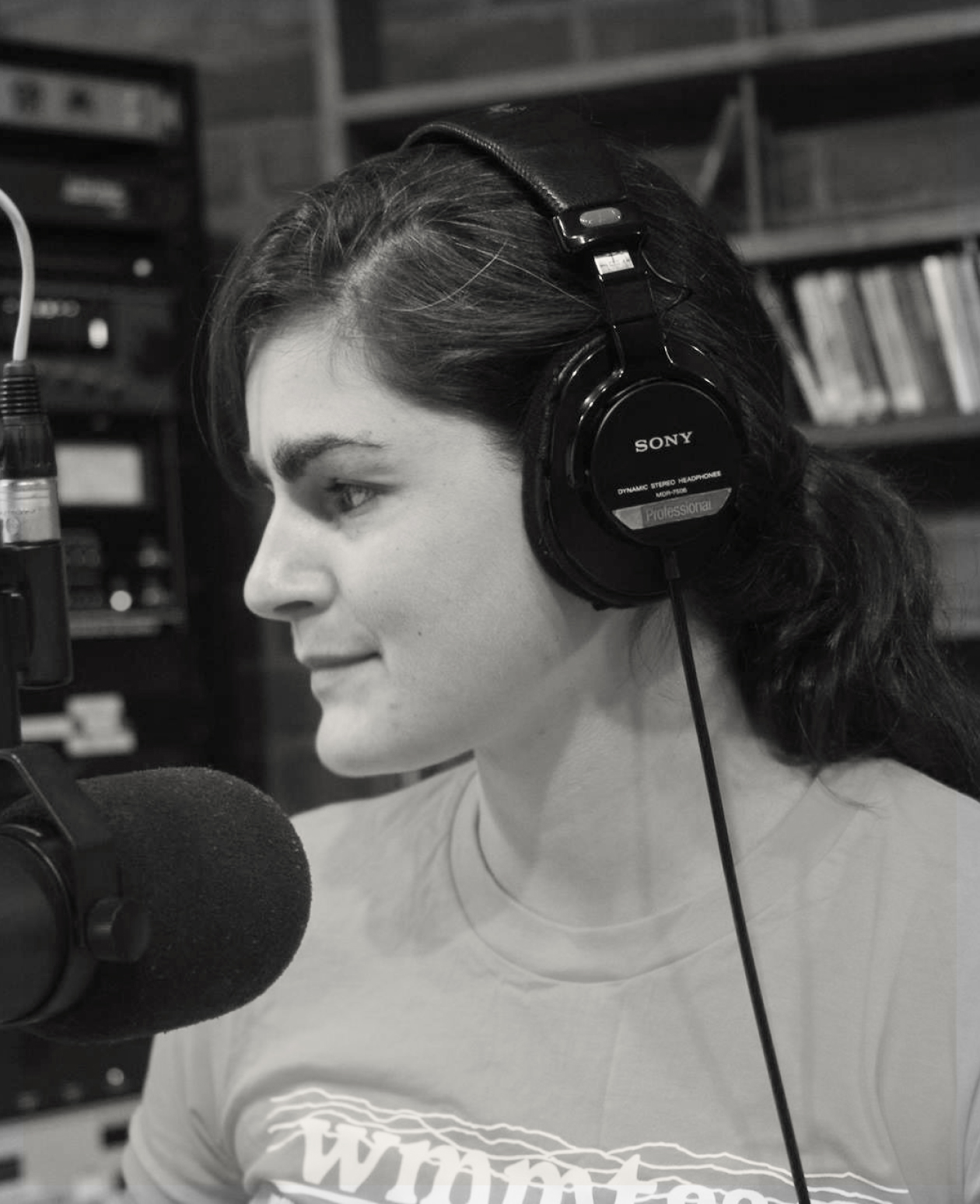Sylvia Ryerson
Fellow

Sylvia Ryerson is a multimedia artist, organizer, and current PhD Candidate in American studies at Yale University. Her work focuses on how to build meaningful solidarities between differently impacted urban and rural communities on the frontlines of racialized mass incarceration, climate disaster, and economic abandonment. Prior to graduate school, she worked at the documentary arts center Appalshop, in Whitesburg, Kentucky, where she served as a reporter and Director of Public Affairs Programming for Appalshop’s community radio station, WMMT-FM. There she co-directed Calls from Home, the station’s longstanding weekly radio program that broadcasts music and toll-free phone messages from family members to their incarcerated loved ones, and Making Connections News, a multimedia community storytelling project documenting efforts for a just transition from the region’s extraction-based coal economy.
In 2021, she was a recipient of the Docs in Action Film Fund through Working Films to produce and direct her film CALLS FROM HOME, which won the Jack Spadaro Documentary Award for best nonfiction film or television presentation on Appalachia or its people from the Appalachian Studies Association. Her media and written work has appeared in the New York Times, American Quarterly, Boston Review, Kentucky Educational Television, NPR, the BBC, the Marshall Project, Inquest and other outlets. She is a founding member of the Racial Capitalism and the Carceral State Working Group at Yale, and steering committee member of American Studies Associations’ Critical Prison Studies Caucus.
As a Fellow with the Institute to End Mass Incarceration, Sylvia will join the IEMI team’s work with Building Community Not Prisons (BNCP), a national coalition working to stop the construction of a proposed half-billion dollar 1,400-bed federal prison in Letcher County, Kentucky. The coalition is demanding the complete rescission of these federal funds from prison building, and greater investment in desperately needed public goods (like schools, healthcare, and housing) that actually work to keep our communities safe.